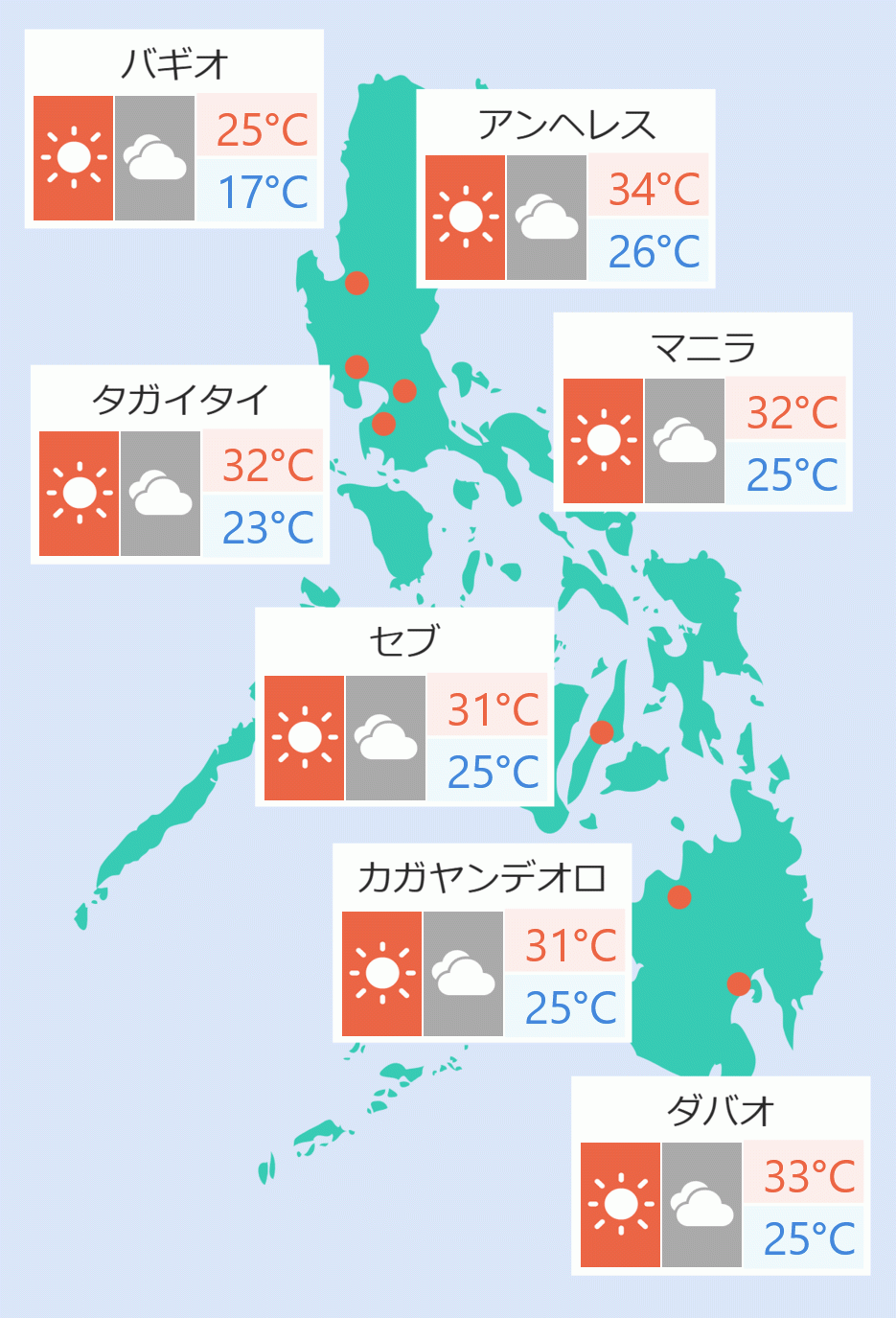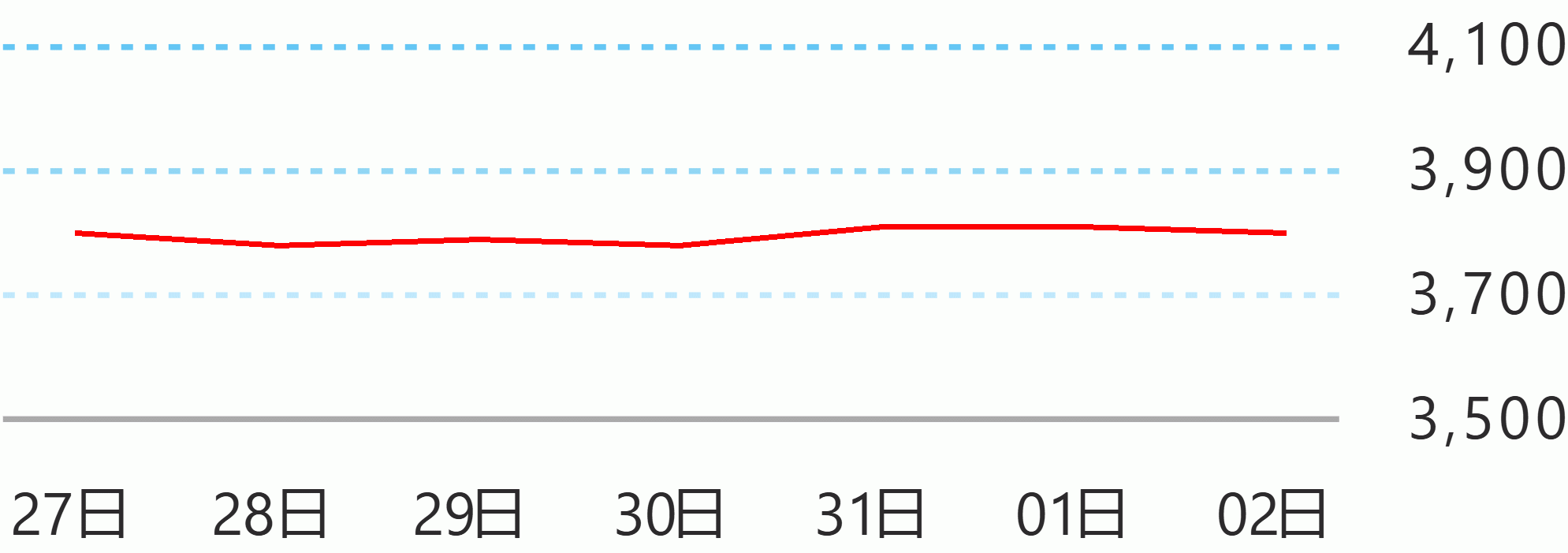Reacting to recent statements made by Energy Regulatory Commission (ERC) Chairperson Agnes Devanadera, the Department of Finance (DOF) has clarified there is no double taxation in the imposition of value-added tax (VAT) in the electric power sector.
“There is no double taxation in the electric power industry. Because the EPIRA (Electric Power Industry Reform Act) Law has unbundled the pricing at each stage of electricity production, the VAT is imposed separately in each stage of the production,” Finance Secretary Carlos Dominguez III explained. “But at the end of the day, if you look at the total bill, the entire electricity service is charged 12 percent VAT on the side of the consumer.”
For double taxation to exist, two taxes must be imposed on the same subject matter, for the same purpose, by the same taxing authority, within the same jurisdiction, during the same taxing period; and they must be of the same kind or character, Dominguez said.
This statement was issued in response to Devanadera’s proposal to the next administration to remove the 12-percent VAT imposed on the generation charge, saying that the levy should be applied only on the distribution charge to avoid the supposed double taxation.
Under the EPIRA Law, it is mandated that the pricing of electricity should be disintegrated or unbundled, Dominguez said.
“With this unbundled pricing mechanism, VAT is imposed on every level of the value chain and not integrated vertically like other sectors,” Dominguez said, which means “the VAT paid on the distribution charge only accounts for the value-added in distributing the electricity and does not include the generation and transmission of power.”
On the alleged disparity between the taxation of power distribution utilities and generation companies, Dominguez explained that, like any producer of goods or services, the VAT paid on inputs can be offset against the output VAT imposed on the sale of electricity to consumers.
“VAT exemption is not the solution. If the intention is to unburden consumers, the next administration needs to review the existing policies on power generation pricing,” he said.
According to Dominguez, removing the VAT will not necessarily translate into a 12-percent reduction in prices.
He explained that VAT-exempt businesses do not charge output VAT and also could not recover the VAT they pay on their own inputs. “Thus, this input VAT becomes an additional cost to them and to recover this, it is passed on to the consumers.”
The price of electricity in the country remains high compared to other ASEAN (Association of Southeast Asian) countries because of the high costs associated with power generation.
Meralco’s first-quarter 2022 report shows that generation charge is the largest component of an electric bill across all customer classes.
In the first quarter of this year, the levy should be applied only on the distribution charge to avoid the supposed double taxation at around 59 percent of the total average bill at P5.24 per kWh, while taxes comprised only about 11 percent.
“We cannot afford to give another VAT exemption as this leads to distortionary and less equitable tax systems,” Dominguez said. “VAT exemption creates discrimination among similar businesses. Thus, it should remain broad-based and allow for few exemptions.”
It can also be recalled that recently, several parties have called for a suspension of excise taxes on petroleum to help mitigate the increasing fuel prices.
The DOF has cautioned the next administration against suspending excise taxes on petroleum as it is not the most efficient approach to alleviating the conditions of affected sectors. “The better and more equitable way to address the impact of the increasing fuel prices is to provide swift and targeted support to the vulnerable sectors.”
As pointed out by the DOF, a suspension will reduce government revenues by P105.9 billion or 0.5 percent of gross domestic product (GDP) in 2022, resulting to a higher deficit and debt for the government.
An increase in deficit and debt, in turn, will potentially raise interest rates on government debt, thereby reducing much-needed fiscal space for funding crucial social and economic programs, more so now when the government needs to sustain and even boost the domestic economy’s recovery from the lingering pandemic and Russia-Ukraine conflict, it said.
“The suspension of the imposition of excise taxes on petroleum is also extremely regressive and primarily benefit higher-income households,” the DOF explained. “We will just be subsidizing the top 10 percent of Filipino households who consume about 50 percent of total fuel consumption in 2022. This means that the larger financial benefits of the suspension will not go to the poor, but to higher income households.” DOF





 English
English










